
Digital diplomacy in the era of Covid-19
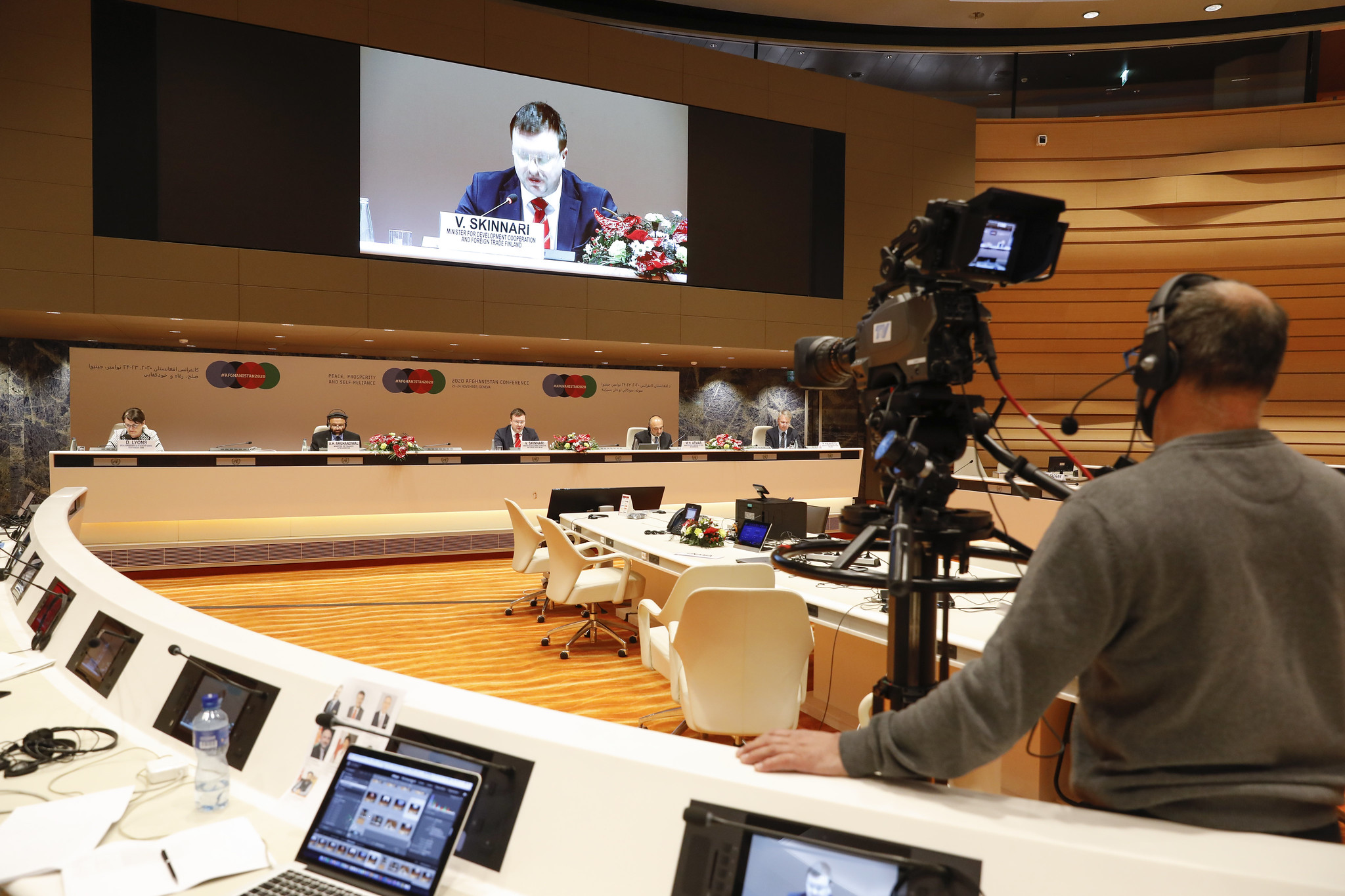
While International Geneva continued to host face-to-face peace talks for war-torn countries like Syria, Libya and Yemen through the pandemic, much of the diplomacy has shifted online. One year on, how effective has online diplomacy actually been? And what does that mean for international diplomacy hubs like Geneva, Vienna or New York?
According to the United Nations headquarters in Geneva, the UN ran 1,200 important international conferences online between March 2020 and the end of 2020. Digital platforms were implemented early on in the pandemic enabling diplomats to hold conferences and discussions from a distance. This has allowed for activities carried out by the UN and other international organisations on the ground to continue uninterrupted.
“The organisations were confronted with enormous difficulties and technical problems, such as the appropriate choice of digital platform or proposing interpreting services for meetings as required by the current multi-language policies,” said Ambassador Jürg Lauber, of the Permanent Mission of Switzerland to the United Nations Office and to the other international organisations in Geneva.
What is true for the international organisations based in Geneva is equally applicable to diplomatic missions, which found themselves obliged to respect health measures put in place by the host country – in this case, Switzerland.
“Our face-to-face work was not interrupted, but we only have the minimum number of people working from the headquarters of the Mission. Most of our colleagues continue to work from home,” added Lauber of the Mission’s experience.
This is due to the double function served by this particular Mission: on the one hand it represents Swiss interests and values at the UN and international organisations. On the other, it represents the host country of these organisations and responds to its needs.
Diplomats did not discover on-line conferences with the pandemic. What has changed is the frequency of use of these tools. In general, many agree they have had a positive impact for the efficiency and transparency of diplomatic activities. Technology is helping make activities more democratic, an area which has long escaped the control of public opinion. Videoconferences have been published on different platforms including Facebook and Twitter. Some were streamed on UN TV.
Other positive effects include NGOs being able to their pursue work despite difficult working conditions and limited budgets.
“The digital world has offered (diplomats) several possibilities which could help reinforce and develop international cooperation if the will is there,” said Davide Rodogno, international affairs specialist and history professor at Geneva’s Graduate Institute of International and Development Studies.
All at the same table
As digitalisation of the work process is becoming the norm, what will remain of traditional diplomacy?
Diplomats say that while some digitalisation will remain in place, issues such as conflict resolution will continue to be resolved by people sitting round a table together.
They point out the limits of digital tools such as taking long-term decisions, or launching negotiations between several delegations, especially when they concern peace talks or humanitarian crises.
“Direct discussions are the best means to bring together conflicting parties,” according to Jan Egeland, secretary general of the Norwegian Refugee Council and former special counsel to the UN secretary general for humanitarian affairs in Syria. He recalls that whilst being an advisor to Syria, direct discussions between the different parties in Geneva had facilitated the arrival of humanitarian aid for civilians.
“When the belligerent parties or their representatives meet each other, it is a gesture of great symbolic value, and which proves good faith,” he said.
“Digital technology is very useful for the sessions during which information is shared, where topics of interest and relevance to people’s lives are being examined,” noted Paola Deda, director of the Forests, Land and Housing Division at the UN Economic Commission for Europe in an article titled “Can diplomacy function online?”.
“Making decisions is another story, and when the intergovernmental processes require negotiations and exchanges between delegates, online meetings don’t make the diplomats’ task any easier”, she wrote.
Lauber argues that the work of diplomacy in its most traditional form remains very important and cannot be replaced by technology.
“Digital technologies, like the telephone before them, will not replace the work accomplished by diplomats in the field,” he said. “Neither will they replace a large centre of multinational diplomacy like International Geneva”.

More
Diplomacy goes virtual as the coronavirus goes viral

In compliance with the JTI standards
More: SWI swissinfo.ch certified by the Journalism Trust Initiative






























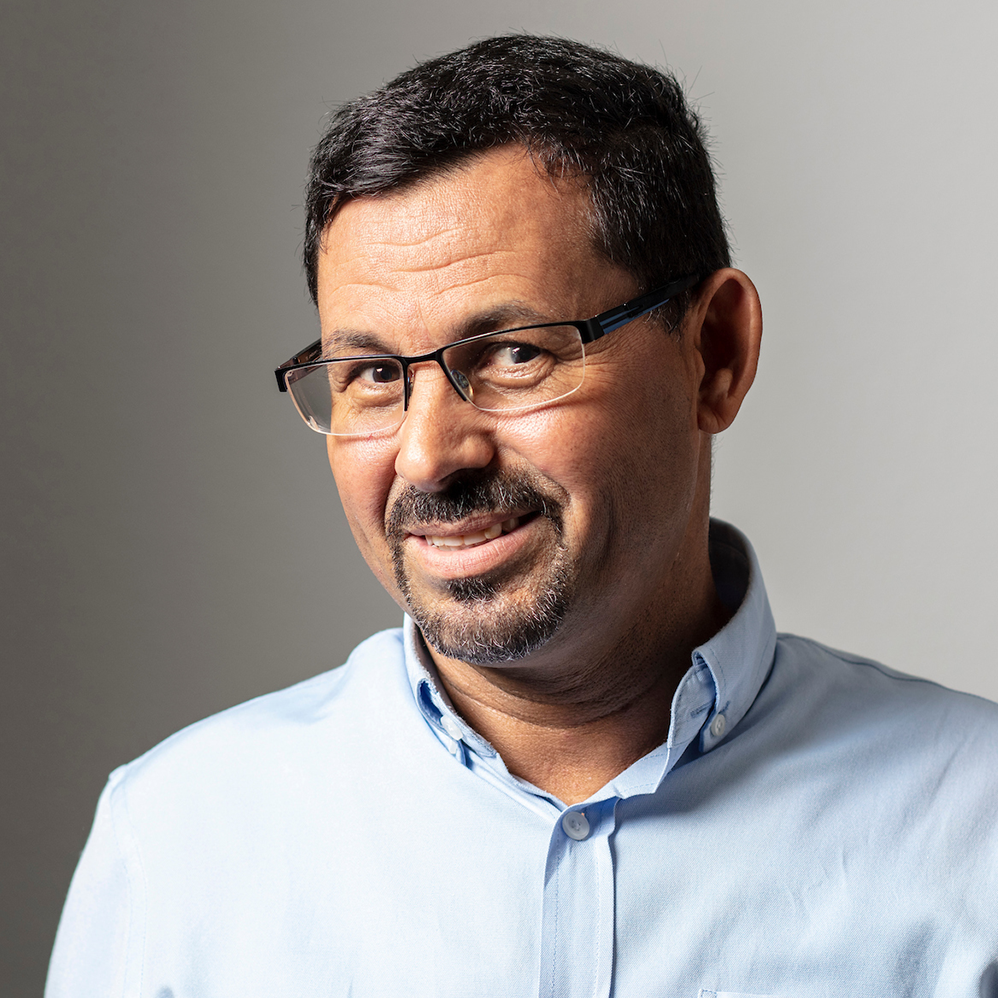
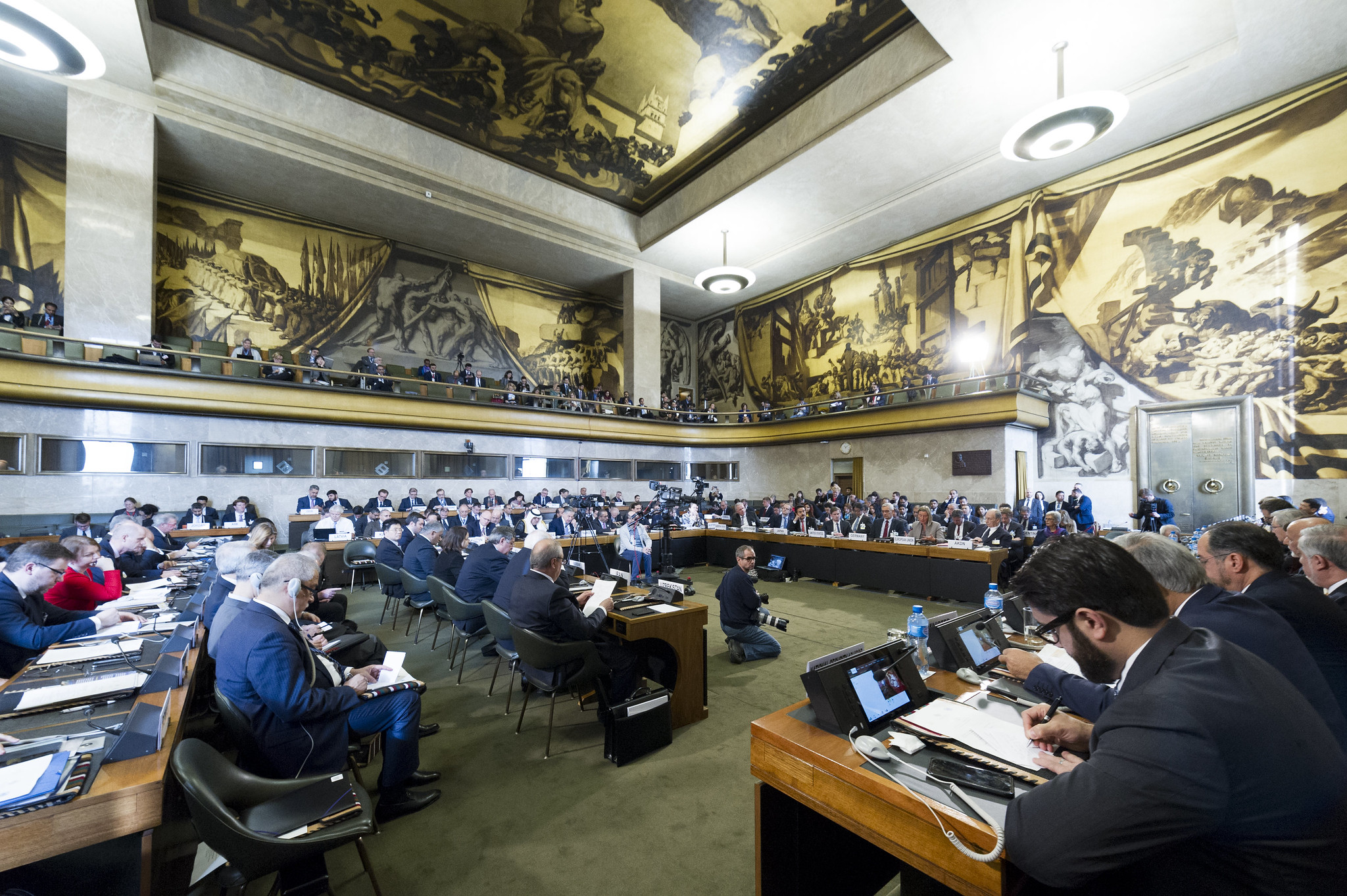
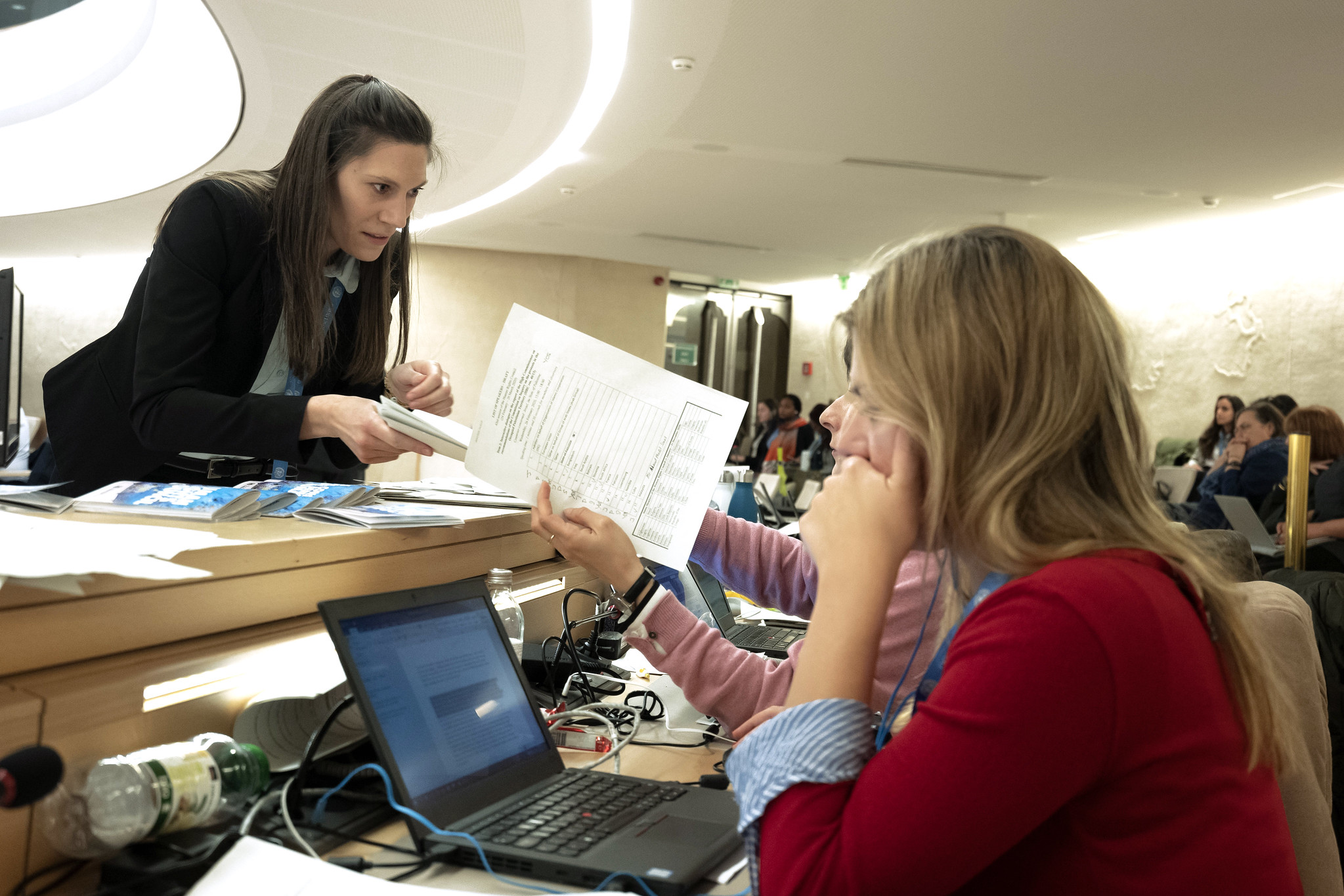
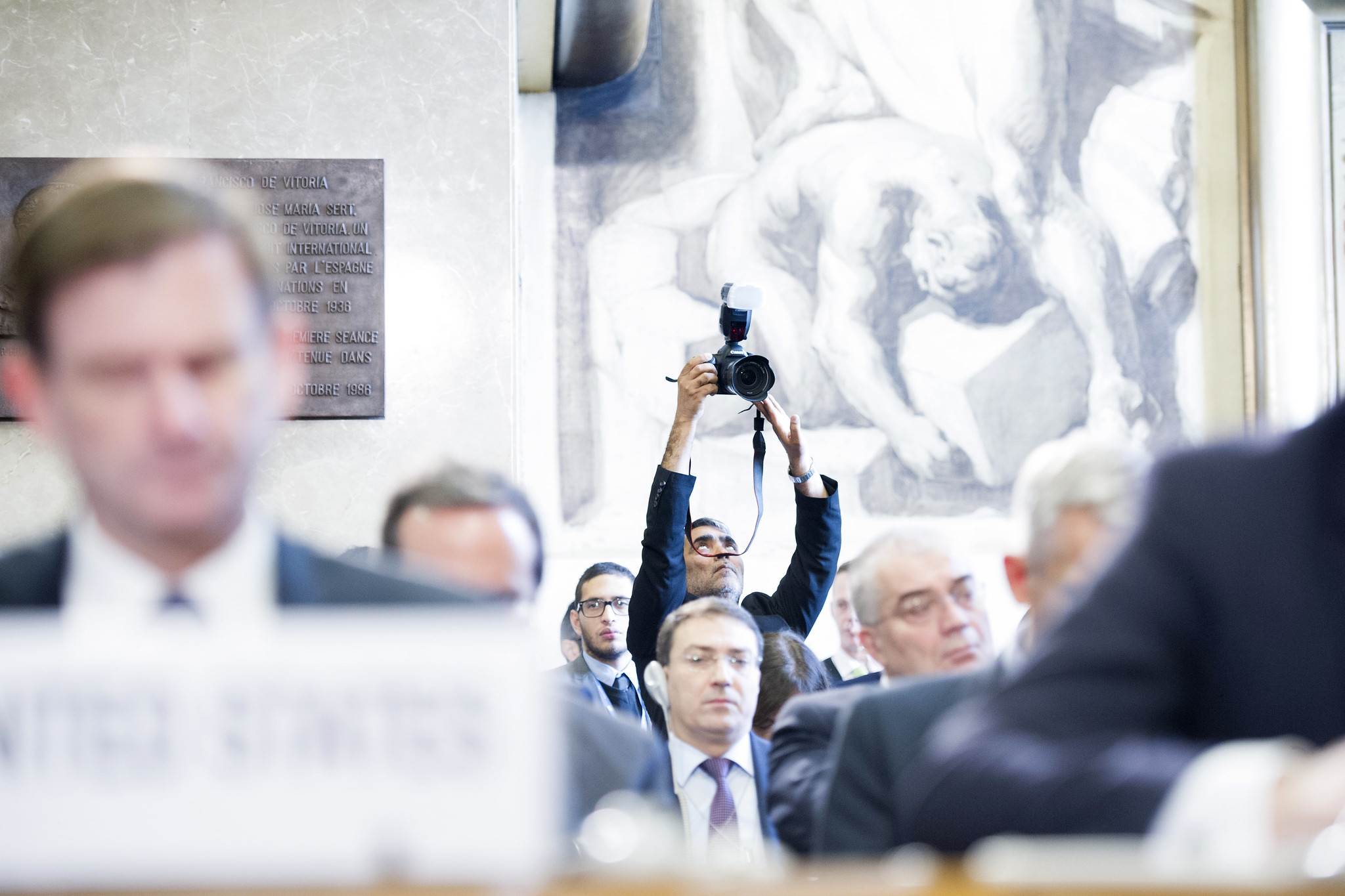
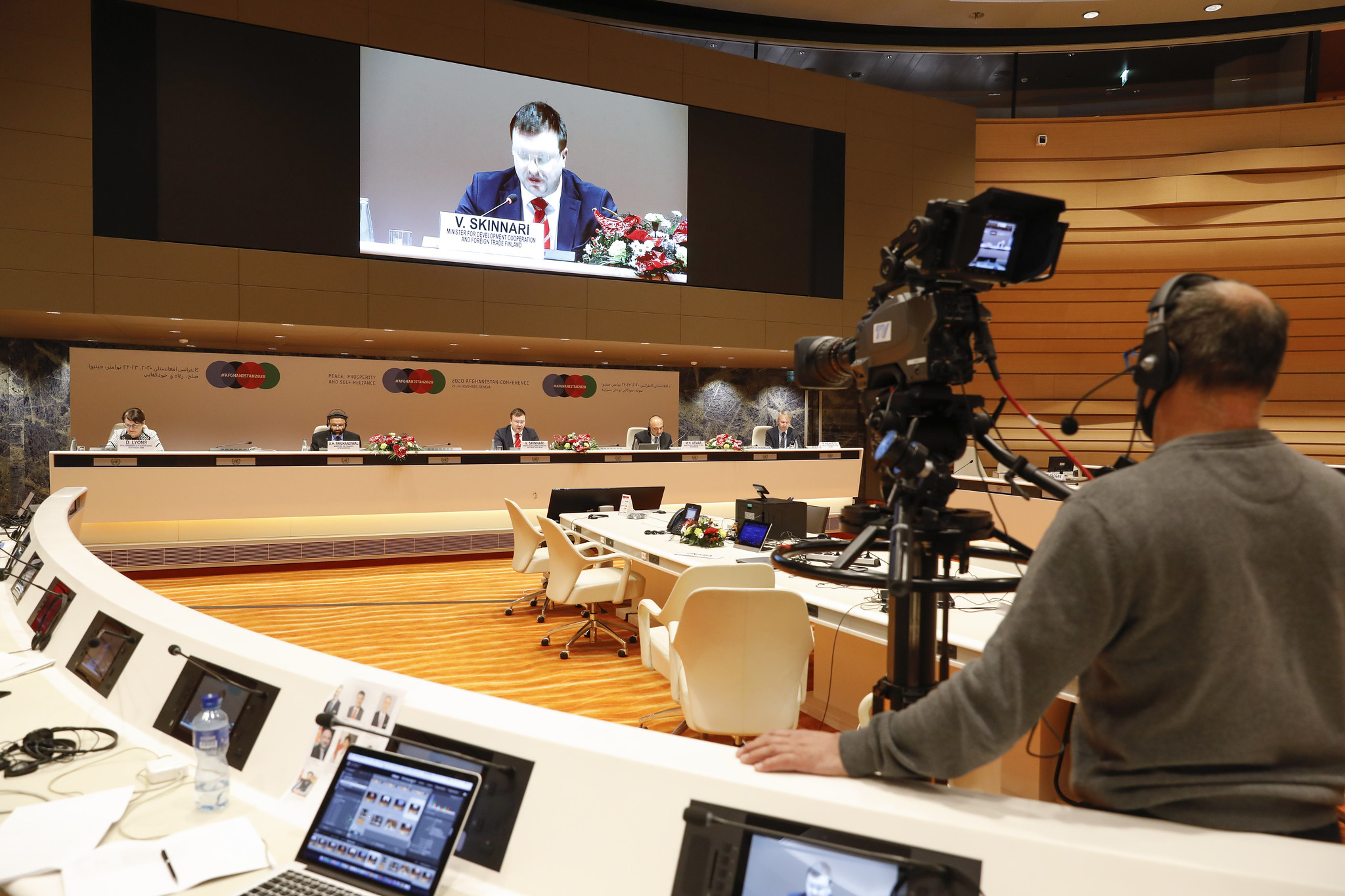
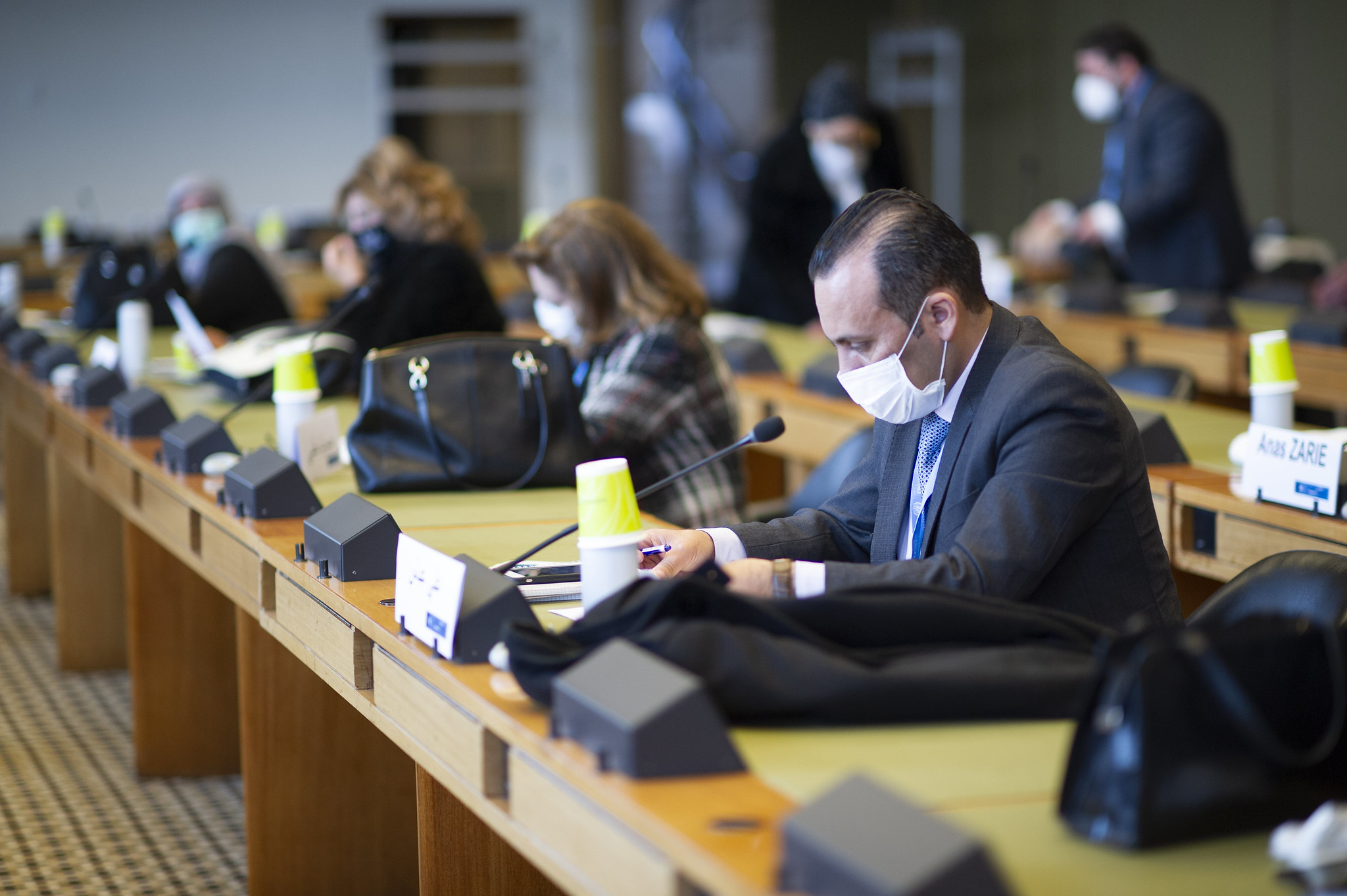

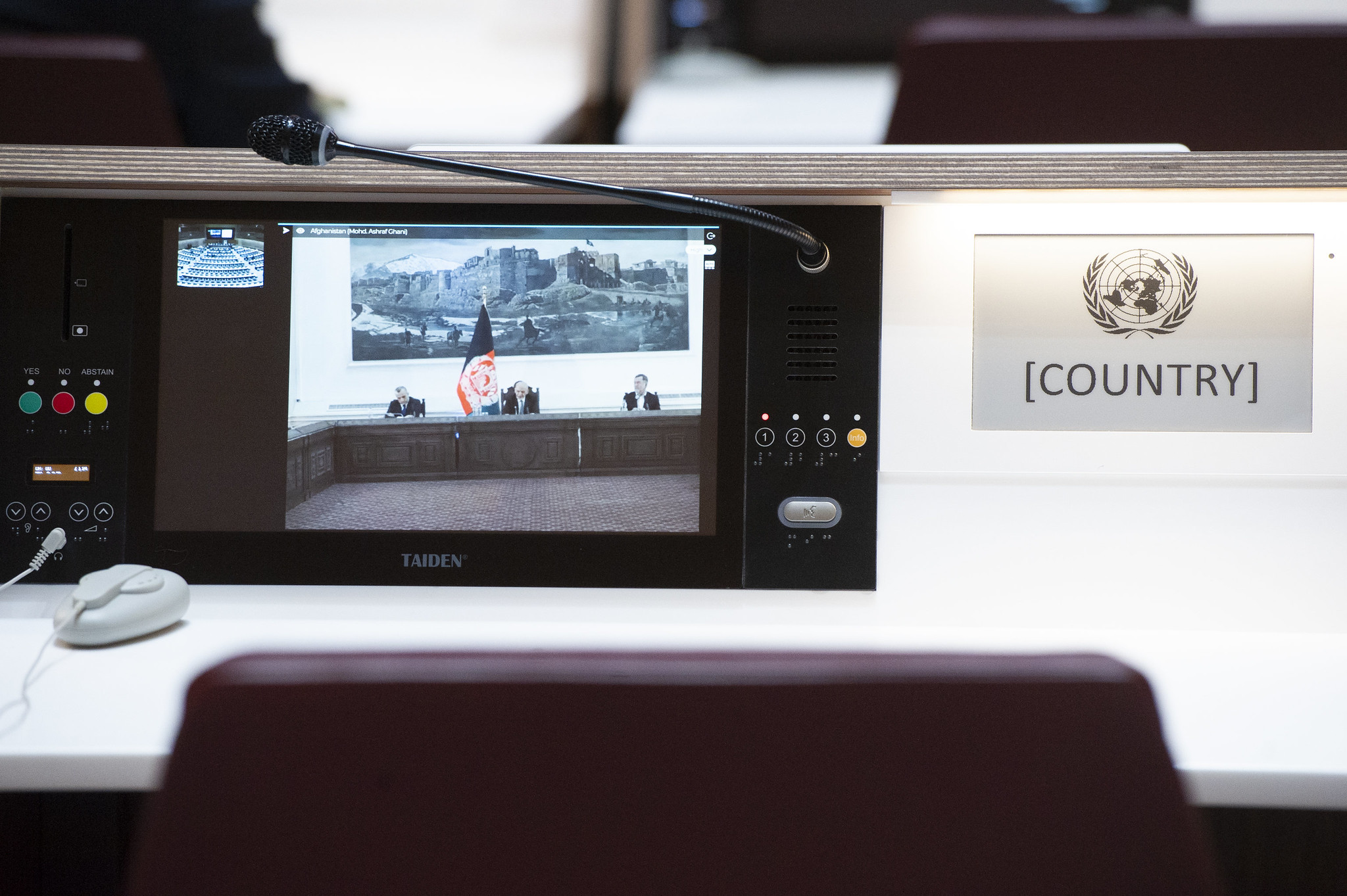


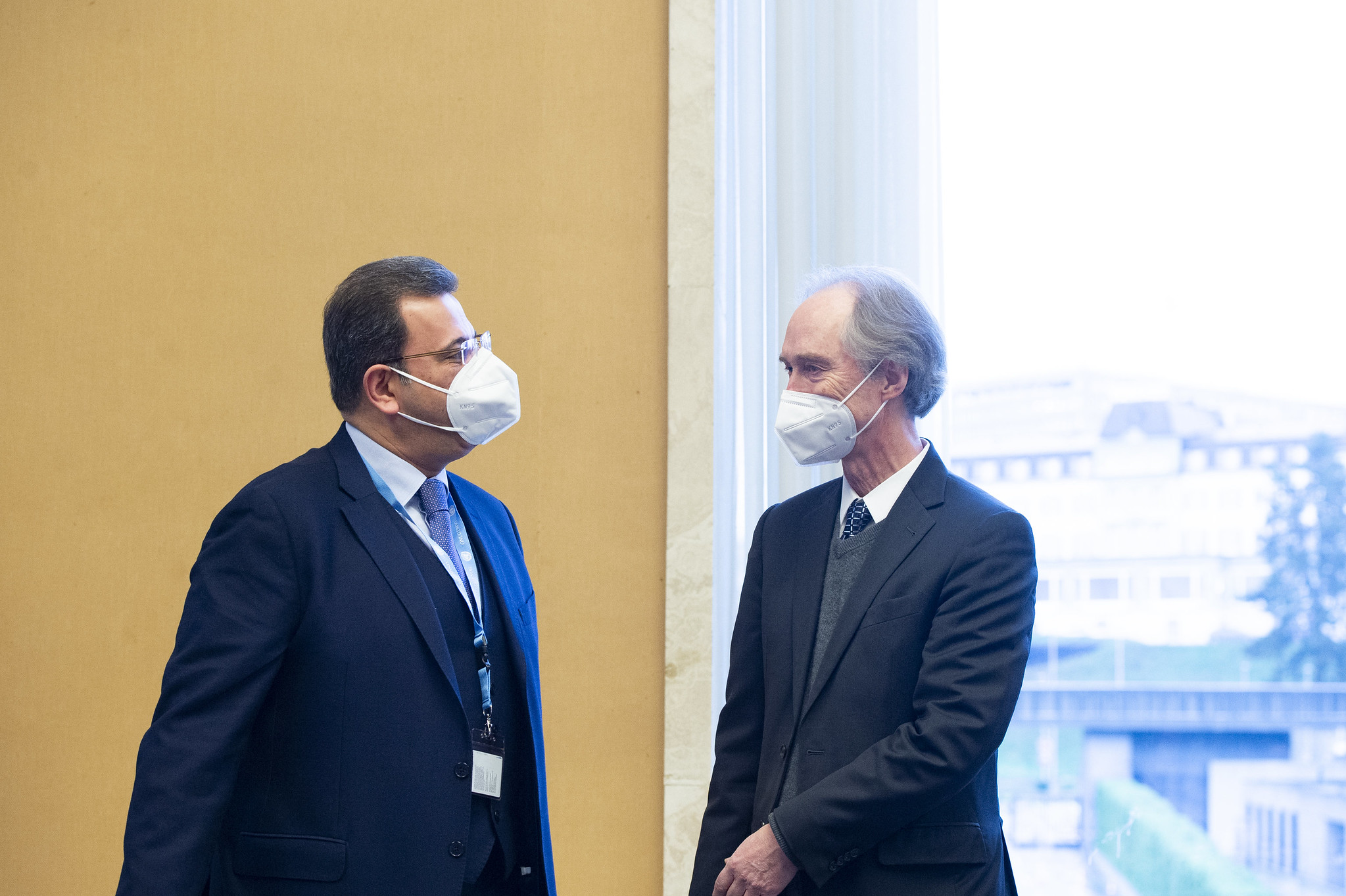
Join the conversation!